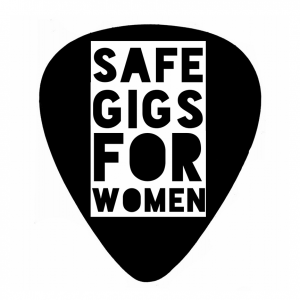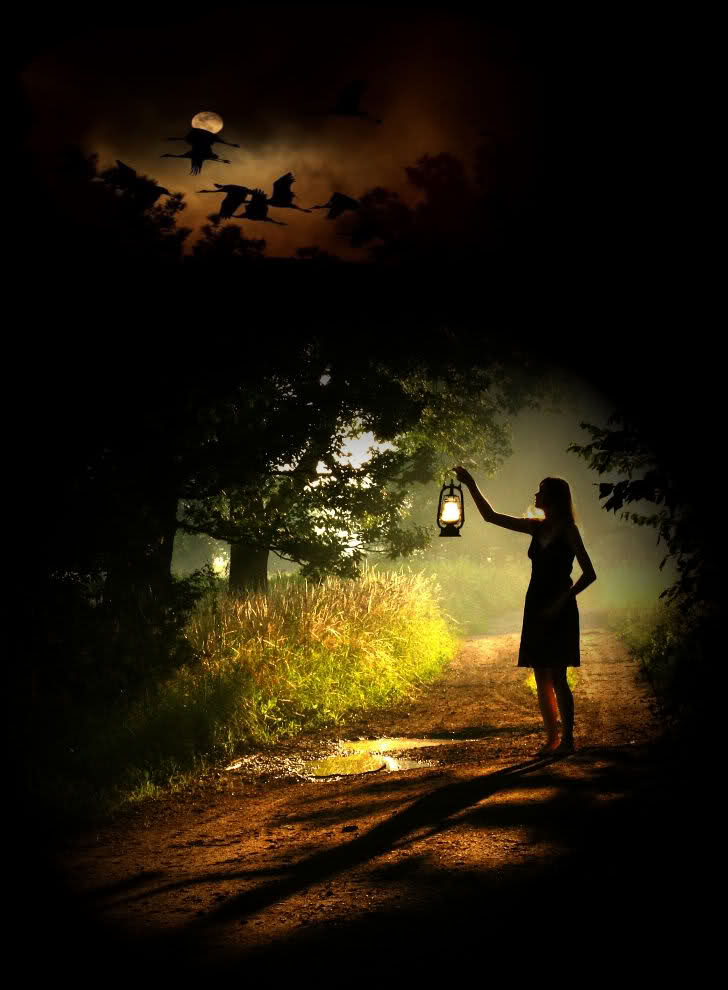“Nottingham Women’s Centre is coordinating a summit on Thursday 24th September which will explore ways in which attitudes can be altered and behaviour changed to make public places safer for women. The summit will bring together representatives from the Police, local transport providers, universities, businesses and the City, District and County Councils, to discuss the behaviour women are subjected to in public. The most effective ways in which women can be encouraged to report incidents of harassment – confident that they will be taken seriously and that appropriate action taken – will be considered in a bid to ensure Nottinghamshire is the destination of choice for women in terms of work, study, socialising or retail.
The event will culminate in a call for individuals, agencies and businesses to make a pledge towards a new Women’s Safety Charter for Nottinghamshire. Nottingham Women’s Centre is welcoming messages of support for the summit and examples of the everyday harassment that women face. Please use the hashtag #Nottacompliment to show your support or share your examples. More info.”



